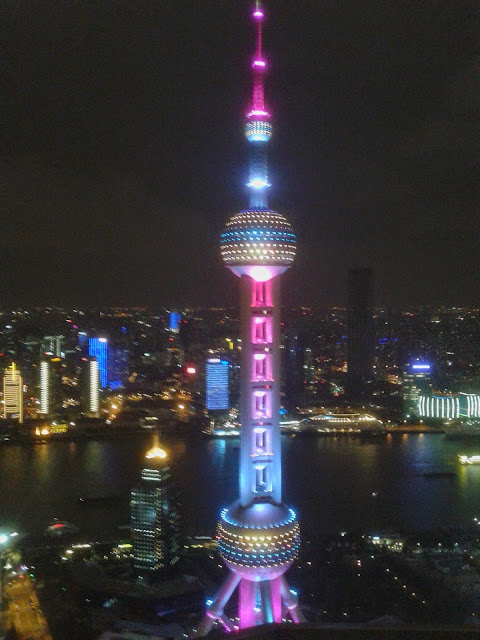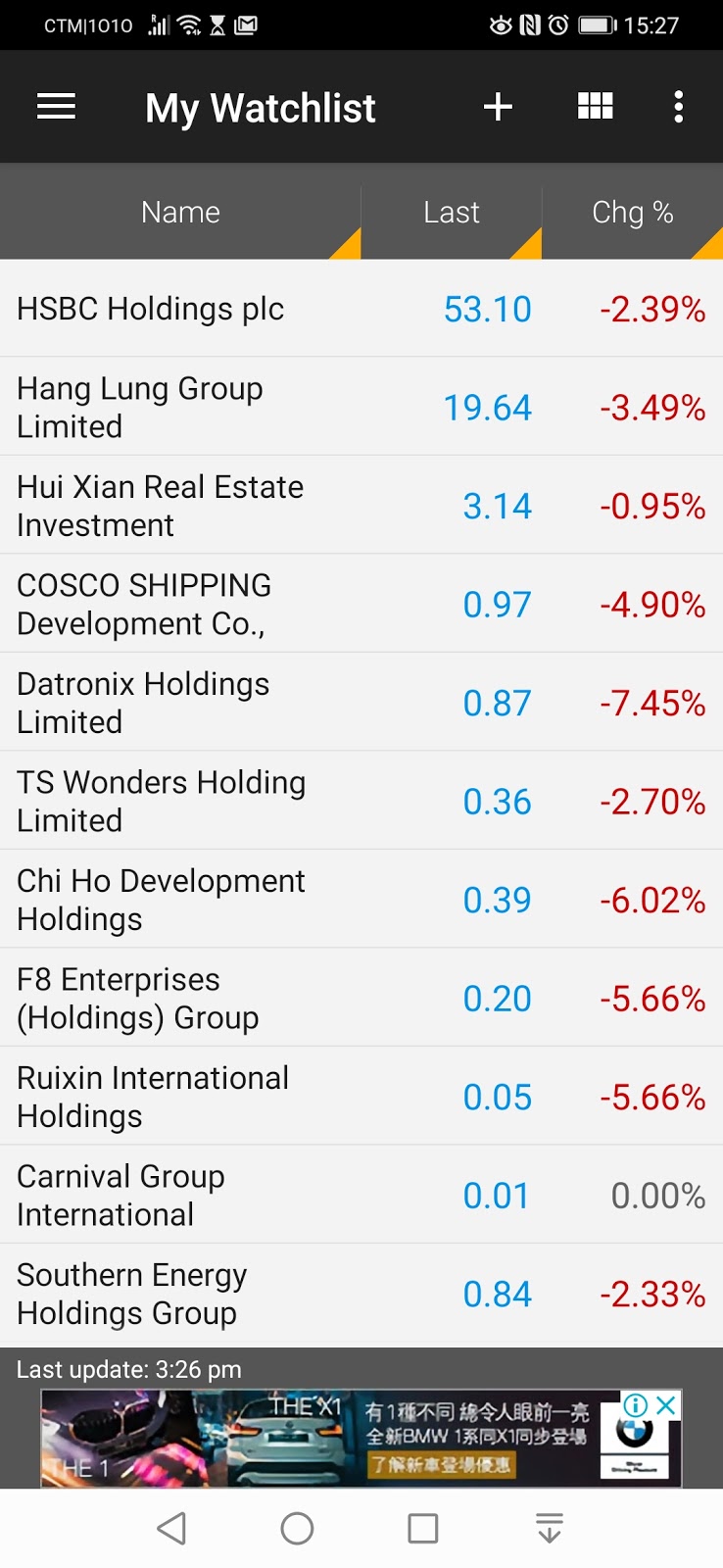Democracy in the Corporate World?
I wrote in my previous post "The Big Brother is Never Dead" that it is against the corporate nature and economic efficiency to have room for bipartisanship and democracy within a company. Infosys, the India $3b plus technology-services giant, is obviously trying to prove otherwise - if what its CEO told Time magazine as published in the current issue is real.
The founding CEO said that at Infosys, his position is more like a chief justice (than an emperor as in the US), presiding over arguments and casting a vote only when necessary. And the current CEO said that he usually doesn't need to do that, and they try to foster a much more collegial, consensus-based environment that allows the best information to come out. A council of the top eight executives discusses all major decisions. The founding CEO said he firmly believes that a democracy will always avoid a disaster: "It may not be the quickest way to do things in the world, but you will never see a famine in a democracy."
I have no doubt of the best intention of Infosys' founders. But does a so-called decision-making council really epitomizes democracy? China's National People Congress can be considered a decision-making council in effect, though surely no one in the right mind will qualify the country as a democratic one.
In the corporate world, a high-level steering group for management of a project which cuts across multi-functions also serves as a decision-making council in effect. But it is not really for the sake of democracy that it should exist. Although, yes, a project steering group sets the objectives and guiding principles with a view to balancing multi-functional interests, functional interests in a corporation are different from individual interests in a society, which I think is what democracy should be about.
Nor a consensus-based approach, instead of, say, the majority-ruled approach, to decision-making a guarantee of democracy. Far from it. Indeed, it is to the contrary. Consensus implies collectivism - an opposite cry from the democratic feature of individualism.
Perhaps the most important question to ask of Infosys is that how can one get to become a top executive in the decision-making council? I doubt very much there would be a democratic process of election involved.
Infosys managers' hope that what holds true for nations (ie, democracy) can also apply in the corporate world. It sounds fantasy, if not ignorance, to me.
As to whether it is true that you'll never see a famine in a democracy, one may need a thorough research through history to ascertain it. Even true, and if at all relevant, the lack of famine is too low a standard to set for corporate success. Democracy doesn't seem to eradicate widespread abject poverty, which may be no better than famine after all.
But don't take me wrong, I am no communist.
The founding CEO said that at Infosys, his position is more like a chief justice (than an emperor as in the US), presiding over arguments and casting a vote only when necessary. And the current CEO said that he usually doesn't need to do that, and they try to foster a much more collegial, consensus-based environment that allows the best information to come out. A council of the top eight executives discusses all major decisions. The founding CEO said he firmly believes that a democracy will always avoid a disaster: "It may not be the quickest way to do things in the world, but you will never see a famine in a democracy."
I have no doubt of the best intention of Infosys' founders. But does a so-called decision-making council really epitomizes democracy? China's National People Congress can be considered a decision-making council in effect, though surely no one in the right mind will qualify the country as a democratic one.
In the corporate world, a high-level steering group for management of a project which cuts across multi-functions also serves as a decision-making council in effect. But it is not really for the sake of democracy that it should exist. Although, yes, a project steering group sets the objectives and guiding principles with a view to balancing multi-functional interests, functional interests in a corporation are different from individual interests in a society, which I think is what democracy should be about.
Nor a consensus-based approach, instead of, say, the majority-ruled approach, to decision-making a guarantee of democracy. Far from it. Indeed, it is to the contrary. Consensus implies collectivism - an opposite cry from the democratic feature of individualism.
Perhaps the most important question to ask of Infosys is that how can one get to become a top executive in the decision-making council? I doubt very much there would be a democratic process of election involved.
Infosys managers' hope that what holds true for nations (ie, democracy) can also apply in the corporate world. It sounds fantasy, if not ignorance, to me.
As to whether it is true that you'll never see a famine in a democracy, one may need a thorough research through history to ascertain it. Even true, and if at all relevant, the lack of famine is too low a standard to set for corporate success. Democracy doesn't seem to eradicate widespread abject poverty, which may be no better than famine after all.
But don't take me wrong, I am no communist.



Comments